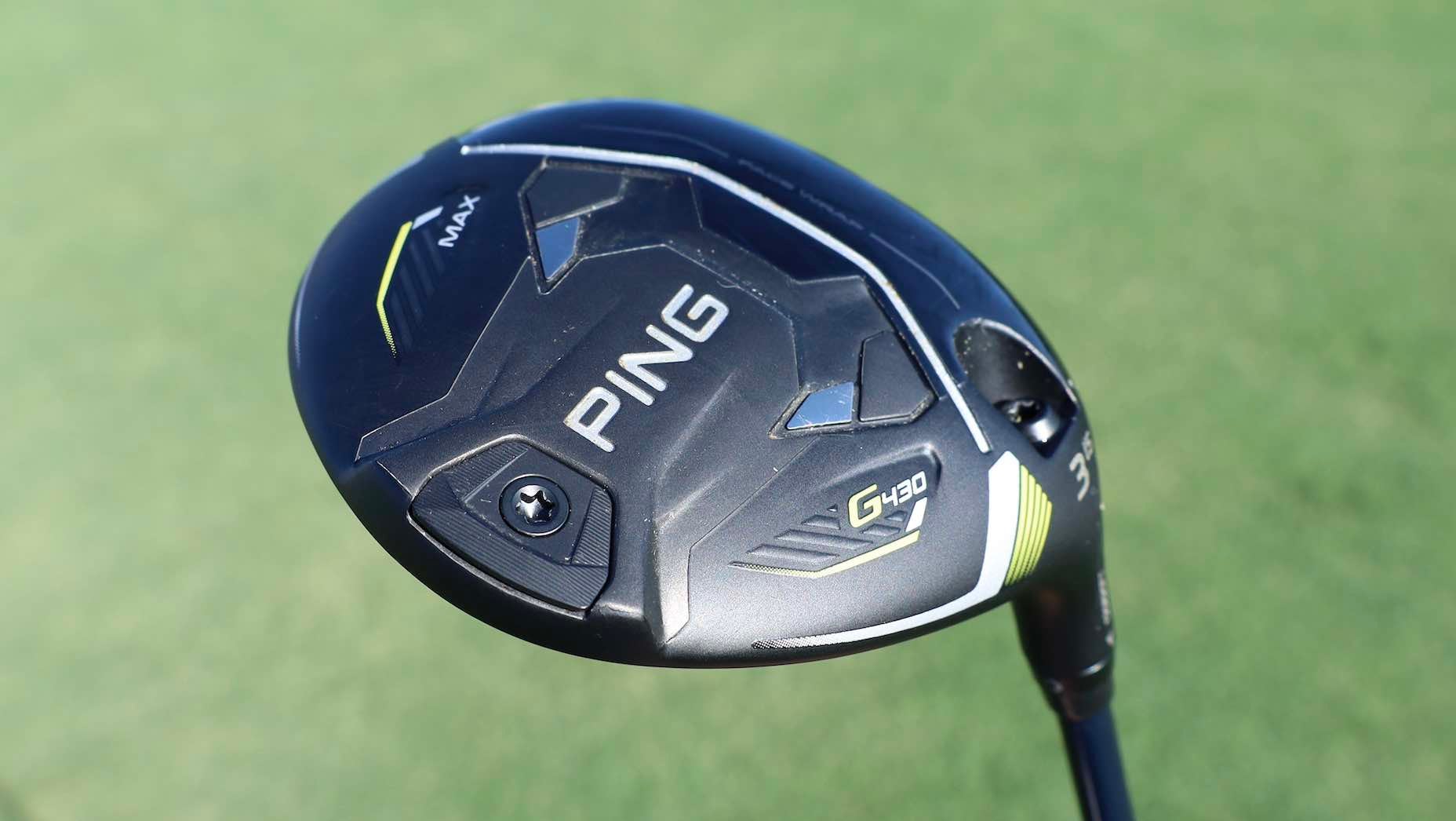Welcome to Wall-to-Wall Equipment, the weekly gear wrap-up in which GOLF equipment editor Jonathan Wall takes you through the latest trends, rumors and breaking news.
On the rise
The release of Ping’s G430 lineup back in January came with one minor surprise: the low-spin LST fairway wood golfers were used to seeing in the lineup was noticeably absent. The release of G430 Max and G430 SFT (draw-biased) models led many to question what was going on.
Had Ping forgotten about the better player? In the end, the equipment manufacturer waited 6 months to release the G430 LST fairway wood on Tour and to the masses. While Ping is still learning about everything LST can do, the general belief, according to Tour rep Kenton Oates, is the fairway wood has the potential to be a rocketship.
But it could take time to find out where it fits in the lineup with pros.
The good news is Ping’s fairway woods were already having a year on Tour before LST came along. Arguably the biggest surprise for Ping — and the equipment landscape as a whole — has been the emergence of G430 Max as a legitimate weapon in the professional ranks.
Ping G430 Max
“Success for G430 Max took some time, but it felt inevitable,” Oates told GOLF.com. “Once we figured out its tendencies and builds, the Max has been able to be competitive in ball speed with every other company. And it comes with Ping’s well-known forgiveness and height. It is our easiest to launch fairway we’ve ever had and when built right for our guys, it’s mid to low spin.”
Max fairway woods are generally designed for the golfer who struggles to launch the ball and needs an abundance of heel-toe forgiveness — two things pro golfers rarely require from their fairway wood.
“Initially it went so high and was so easy to turn over we were slightly concerned,” Oates continued, “but we’ve found a nice sweet spot.”
The “sweet spot” he’s referencing is a build that’s increasing G430 Max’s usage on Tour, especially with 5- and 7-wood builds. To combat the stock shot shape and spin rate, Oates and team have been adding 4-8 grams of hot melt to the toe and moving the loft sleeve to the “Small Minus” setting to optimize launch and spin for the best players in the world.
The build has become so popular, in fact, it’s used by more than half of the pros currently playing G430 Max. During the John Deere Classic, G430 Max was the most played fairway wood in the field for a fourth straight week, a sign that Max’s popularity isn’t an aberration but a full-blow trend this season.
Max-forgiveness models don’t necessarily check all of the boxes for pros who are usually looking for a true fade-biased, low spin option. But this particular Max is different. The numbers don’t lie.
Want to overhaul your bag for 2023? Find a fitting location near you at True Spec Golf.
